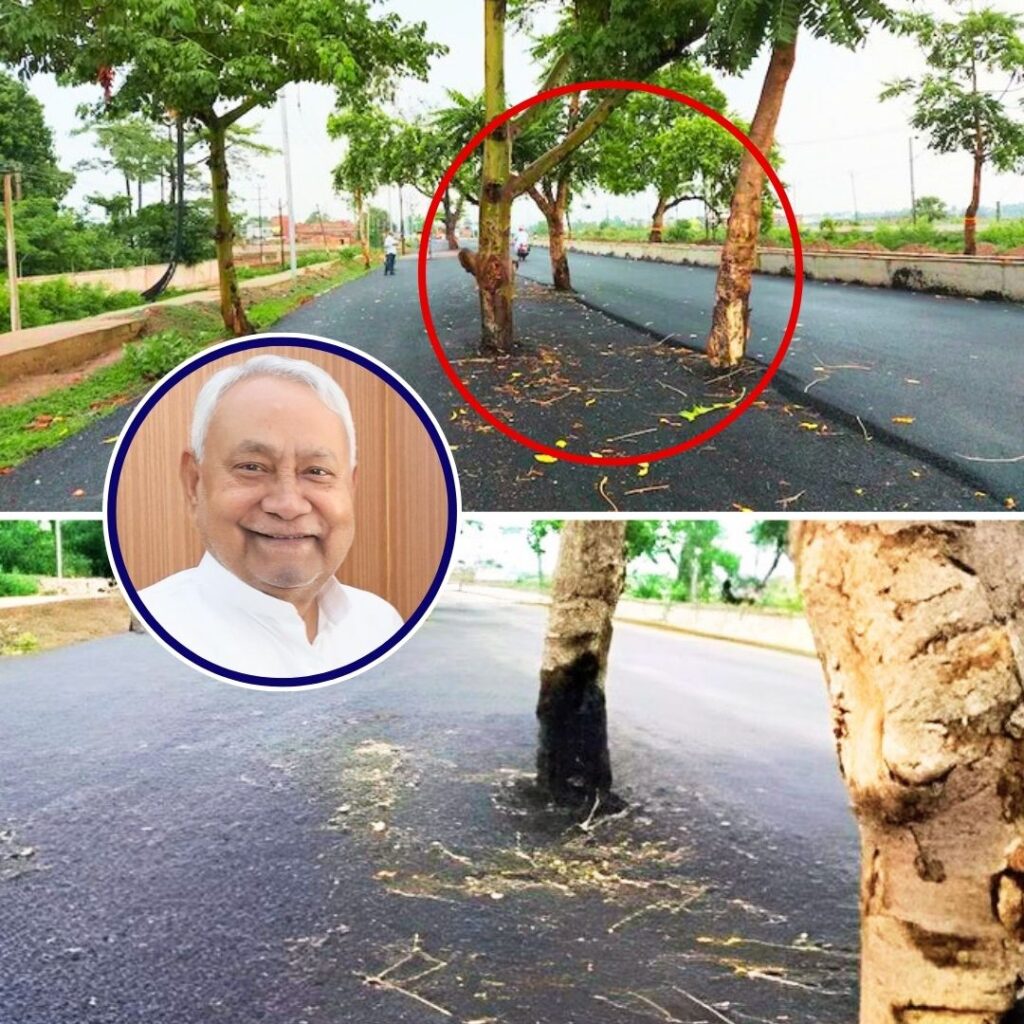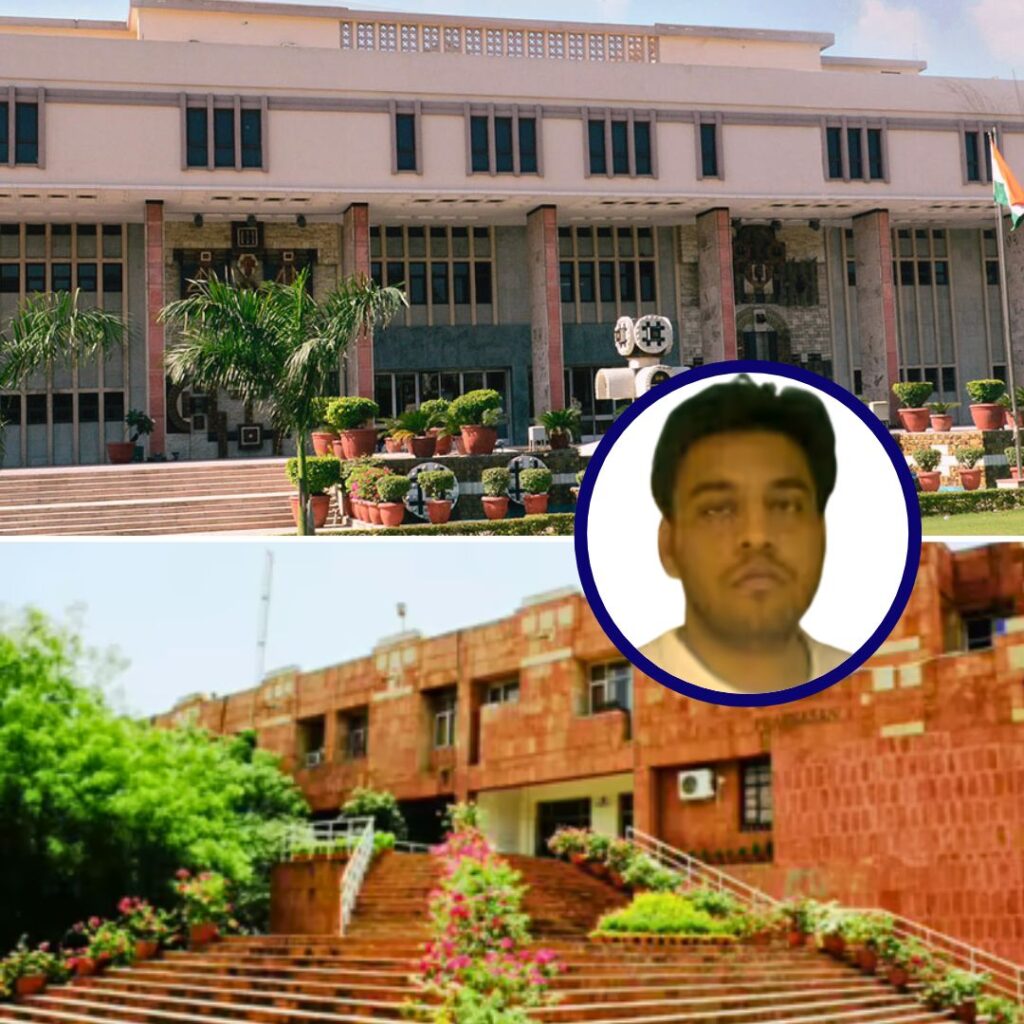Nearly lakhs of students in India, belonging to different societal backgrounds, take the UPSC exams every year to get into their dream job. For many of them, it is the only process through which they could get into white-collar positions while serving the nation. But the fairness with which the entire process of selection is being carried out has been put under question.
Candidates protesting against pattern change
Many UPSC aspirants have been protesting in Mukherjee Nagar, New Delhi over the recent changes in the exam pattern. Five students are on a hunger strike demanding compensatory attempts for the loss which they have to undergo due to sudden changes in the pattern. They have also staged a protest outside Jantar Mantar, New Delhi, in order to bring attention to their genuine demands. Many of them were reported to be manhandled by the police officials but they’re determined to continue their protest.
Background
The selection process of UPSC exams is rigorous. It requires proper planning, strategy and execution on the part of the candidates before attempting the paper. However, between 2011-15, many drastic changes were introduced in the pattern. The intimidation of the changes was done in a very short period of time. This caused inconvenience to many students and they feel it’s unfair on not being given compensatory attempts. Aspirants belonging to rural background have been hit the worst with the overhaul of the new pattern.
As per the new changes in exam pattern starting from 2011, students hailing from rural-regional background have been at a disadvantage. With the beginning of CSAT in 2011, there was a drastic reduction in the number of students being selected from regional background. According to the 60th UPSC annual report, the percentage of Hindi medium students qualifying for mains example in 2009 was 42.2%. However, the 62nd report in 2011 reflected that their percentage declined to 15% with the new CSAT pattern. The Nigvekar committee in 2013 also opined that same claiming that the recent changes in the exam pattern of UPSC brought inconvenience to the rural candidates.
One of the protesters named Pradeep Mishra while talking with The Logical Indian shares, “The new introduced CSAT in 2011 was not in favour of the aspirants coming from rural regions. It was discriminatory for students who attempted the paper in Hindi or any regional language. In 2013, there was a complete change in the pattern of mains exam. The CSAT paper was made qualifying in 2015 and we were notified merely 90 days before the paper due to which we could not give enough time for preparation.”
Candidates sitting on hunger strike
Following such changes, it has to be noted that the rural-urban divide of the students has widened. The percentage of students qualifying for the administrative services from non-technical backgrounds or those belonging to underprivileged sections has been quite low. On the other hand, students belonging to urban areas have been at an advantage with the new pattern. There has been a sharp increase in the number of students from engineering backgrounds qualifying the UPSC exams. Under this situation, the demand for compensatory attempts by the students from rural background seems pertinent.
Candidates on hunger strike sleeping at the protest site
Another protester named Shikha Vatsa, who has gone on a hunger strike while speaking with The Logical Indian says, “The exam pattern has been unstable since 2011. Every year, we have to face new changes in pattern and we have lost our precious attempts during this period. I want to protest against the discriminatory nature of the new pattern which doesn’t take into cognizance the background of the candidates. I want to appeal to the concerned authorities to grant compensatory attempts following the experimentation which has been done in the exam pattern.”
Highlights of the changes
2011: Optional paper was replaced by an introduction of CSAT paper (civil service aptitude test as GS paper-II) at preliminary stage. No compensatory attempt was provided.
2012: Changes in main exam syllabus, making it more generic leading to changes in question pattern entirely.
2013: Overhauling of entire main examination by replacing one optional paper with two general studies paper and these changes were notified only through notification without giving adequate time to aspirants to cope with it.
2014: In CSAT paper, marks of questions from English comprehension were excluded for gradation of merit and it was announced in the examination hall itself.
2015: CSAT (GS paper-II) was made qualifying only without considering it for merit in preliminary exam. It was again notified just 90 days before the exam.
All these recent revisions in pattern were implemented without providing sufficient time to candidates. It brought huge loss on their part as they have lost their precious limited attempts for…












